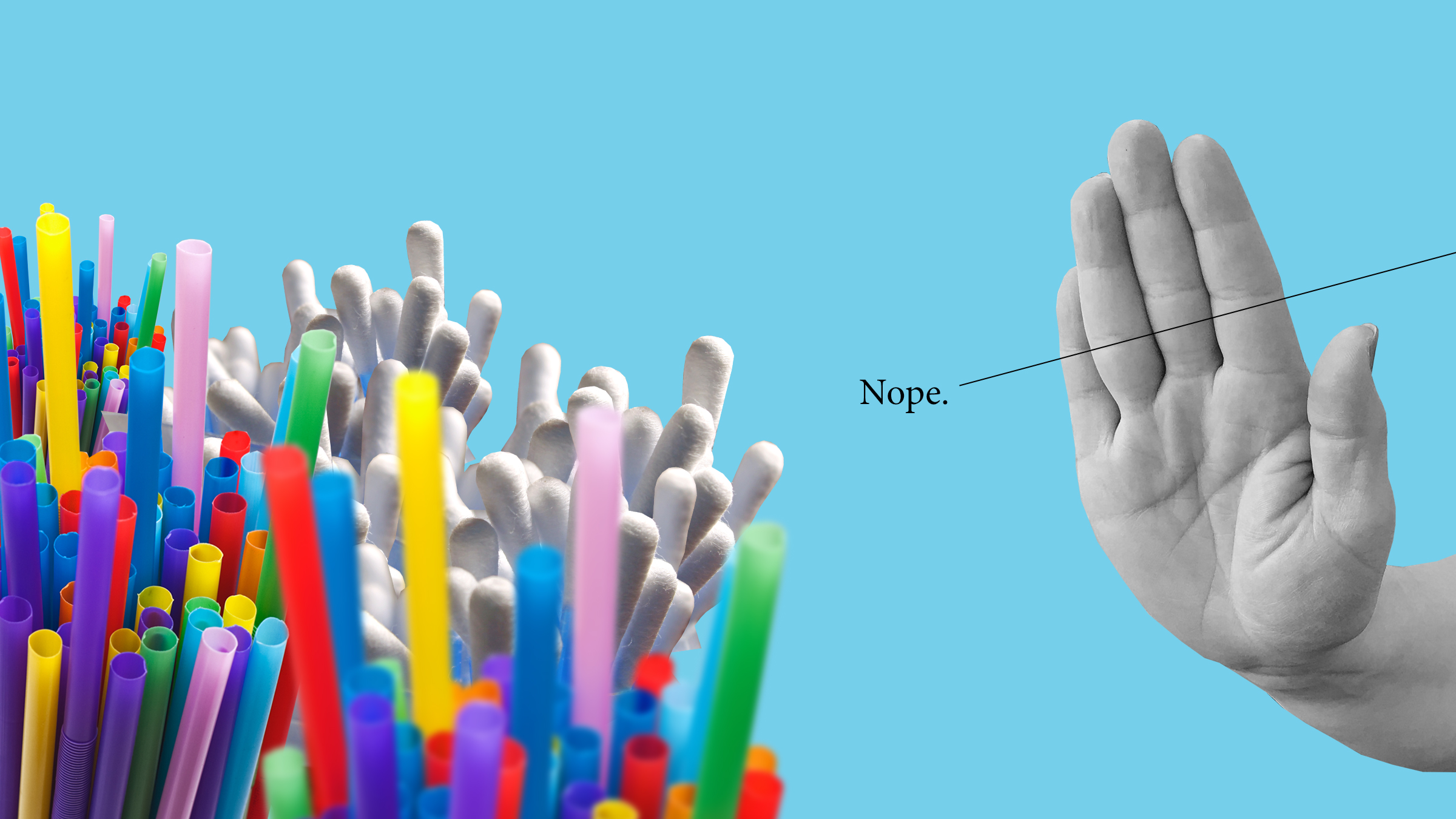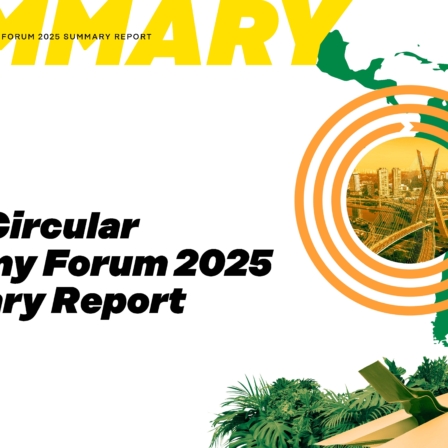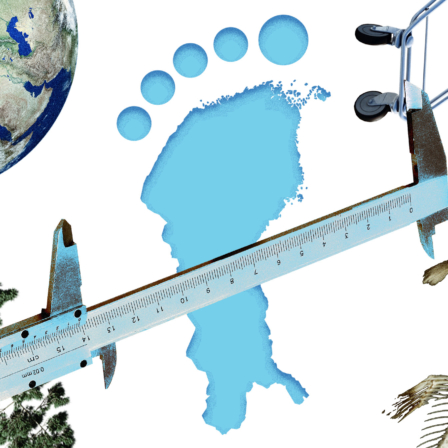“The Commission’s proposal is bold and most welcome, since voluntary measures are not sufficient to curb the plastic crisis in the oceans and seas,” says Mari Pantsar, Director of carbon-neutral circular economy at Sitra. “Consumers bear the main responsibility for littering, but people’s behaviour changes too slowly, considering the gravity of the maritime plastic crisis. Therefore, we need a total ban on certain plastic products.”
Led by the Vice-Presidents Frans Timmermans and Jyrki Katainen, the Commission proposes EU-wide rules to control the consumption of 10 single-use plastic products Together these constitute about 70% of all marine litter. The proposed rules are part of the European Plastics Strategy and the Circular Economy Package.
The Commission proposes a total ban on single-use plastic products for which alternatives are readily available, including single-use plastic cotton buds, plates, cutlery, straws, drink stirrers and sticks for balloons.
For products still lacking straightforward alternatives, such as single-use plastic food containers and drinks cups, the Commission suggests that each member state draw up its own national consumption reduction targets and create incentives for reaching them. Furthermore, the member states will be obliged to set a 90% target for the collection of single-use plastic drinks bottles by 2025, for example through deposit refund schemes. In Finland, plastic drinks bottles have been included in the deposit refund scheme since the 1980s.
The bans may boost the competitiveness of the EU
Sitra shares the Commission’s view that bans make companies and consumers shift more rapidly towards using increasingly sustainable alternatives.
“Once again, Europe can act as a leader in the prevention of environmental degradation, while developing new, more sustainable products that will have global demand,” notes Pantsar.
According to the Commission, replacing single-use plastic products with new bio-based solutions could create 30,000 new jobs in Europe and reduce carbon dioxide emissions by 3.4 tonnes by 2030. At the same time, the measures will reduce environmental damage with an estimated price tag of 223 billion euros by 2030.
Sitra believes that Finland can be a big winner in the implementation of the EU Plastics Strategy. The demand for bio-based products to replace plastics will explode when the global plastic crisis deepens. The global market for bio-based plastics is estimated to grow to more than 35 billion US dollars, or approximately 30 billion euros, by 2022.
Finland is a leading developer of bio-based plastics
Sitra points out that Finland is already implementing several significant development projects related to bio-based plastics. KotkaMills Oy produces plastic-free coffee cup and packaging boards. The internationally award-winning Sulapac, which recently began co-operation with Stora Enso, makes ecological packaging materials out of a combination of wood chips and biodegradable natural binders. Both solutions have been included in the list of The most important companies in the circular economy, published by Sitra.
In January, VTT Technical Research Centre of Finland Ltd – one of the international pioneers in the research sector on alternative materials for plastics – was honoured for its development project of bio-based plastics at the World Economic Forum in Davos. However, further investment in research and education is needed, and the EU is currently offering more funding for the purpose.
“The state must provide more research and education input for the development of new bio-based products and accelerate the rapid market entry of new products, for example by means of public procurement. In addition, Finland needs a really ambitious plastics road map, which is currently under preparation. After all, we are not the only country that wants to become a winner in the bio-based materials market,” Pantsar says, summarising the situation.

















Recommended
Have some more.